Brexit, currency and government policy are all having an additional inflationary effect but what could be done to drive prices down faster?
Vladimir Putin was once the main protagonist behind the UK’s soaring food bills. Last year it seemed everyone from MPs to farmers were blaming Russia’s warmonger-in-chief for hefty supermarket price tags after the invasion of Ukraine sent energy and commodity prices soaring. But now, with both these in steady decline, it is no longer so easy to pin the UK’s stubbornly high inflation rate on the Kremlin.
And it does seem stubbornly high, at least for now. Germany, Sweden and the Netherlands are among a dozen European countries to have suffered a higher inflation rate at the start of 2023, but have since seen it fall to lower than the UK’s. With food inflation now consistently falling across Europe, in no country is it doing so at a slower pace than the UK. “Food price inflation will decline in coming months, but it is now forecast to do so at a slower pace than expected,” said the Bank of England in its May report.
It suggests the UK is beholden to a range of inflationary drivers on food that goes well beyond Russia’s invasion of Ukraine. Some are well-documented, others less so, and a comparison to other nation states helps elucidate where the UK stands out, and where it does not.
Until very recently, the cost of living crisis was primarily seen as a cost of energy crisis. But while energy prices have risen faster, food makes up a far larger share of the typical household’s consumption, according to a paper from the Resolution Foundation last month. It estimated that the cumulative rise in food bills since 2020 had amounted to an extra £28bn spent on household bills – an average £1,000 per household – outstripping the additional £25bn spent on energy bills over the same period. And while energy’s role in the crisis has now seemingly peaked, food’s remains persistent. The Bank of England suggested last month that one reason for it misjudging food prices was that when Russia invaded Ukraine, farmers bought into longer-term but more expensive contracts on inputs like fertiliser, in an effort to guarantee supply.
There is also Brexit. A report last week by researchers at the London School of Economics (LSE) found Brits had paid an extra £7bn since Brexit to cover the extra cost of trade barriers on food imports from the EU, primarily due to new trade barriers such as extra paperwork and veterinary checks.
Highest barriers
Meat and cheese were hit especially hard, given the high volumes imported from Europe. These products face some of the highest barriers at the border and, as a result, since January 2021, had seen price hikes of about 10% more than similar products not exposed to Brexit, the researchers said. With the UK set to implement further checks this year, this is by no means the end of that dynamic.
Some commentators also blame Brexit for exacerbating the UK’s labour shortages, though the country is by no means unique in this respect. Hungary is experiencing the highest inflation rate in Europe (38.5%), in part driven by a 17% rise in average gross wages in the year to March, according to the Hungarian Central Statistical Office, after a record worker shortage last year.
Hungary and the UK also share another inflationary concern: currency. Hungary’s forint lost 11% of its value against the euro late last year, an extreme devaluation attributed to the country’s close proximity to the war in Ukraine and its high dependence on Russian energy.
The pound has lost a more moderate 3% against the euro since last summer but, given the UK imports about 30% of its food from Europe, this is still a notable inflationary force, according to Thijs Geijer, an economist at ING Research. Geijer contrasts the UK with Switzerland, where inflation is the lowest in Europe (5.4%) following an 18-month period in which the franc proved consistently strong against the euro.
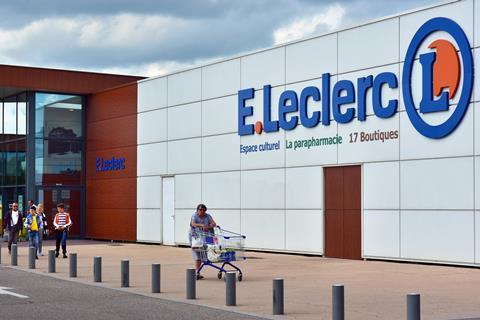
Alongside the macro economic factors, there is also the commercial, and one of those is gaining more attention than any: ‘greedflation’. The most notable difference between countries here is the approach of the respective institutions.
The Bank of England, for example, has been far quicker to warn of wage restraint than price restraint. In May, it simply suggested that some businesses had seen margins squeezed and would try to rebuild margins as their costs fall. By contrast, a study by the European Central Bank pinpointed greedflation as an explanation for inflation in the eurozone hitting its highest level since the creation of the single currency. The eurozone’s central bank looked at the contribution of profits to inflation over the last 25 years, concluding that while on average profits were responsible for one-third of the inflation rate, in 2022 profits contributed to two-thirds.
European countries have also been quicker to intervene recently as they strive to curb food inflation. In France, for example, where food inflation is at 15.9%, the government has made a loose agreement with supermarkets to reduce the price on a selection of products “to the lowest possible level”.
Cut sales taxes
Hungary has implemented a firmer policy in which certain food items must be discounted by at least 10% compared with the lowest price in the past 30 days. Spain, Portugal and Italy are among those to cut sales taxes on food products to ease the burden on shoppers.
The UK is now considering following the lead set by France in asking supermarkets to cap prices on a selection of items, according to reports in the Daily Telegraph last week. While the plans are still only at “the drawing board stage”, they have already been given short shrift by supermarkets and MPs alike.
“This will not make a jot of difference to prices,” said Andrew Opie, director of food and sustainability at the BRC, who instead blamed the government’s “muddle of new regulation” for keeping prices high.
Independent experts tend to agree. “We believe [price caps] will not affect pricing strategies significantly,” said the Economist Intelligence Unit in a recent briefing. It argued that rather than supermarkets being the main inflictors of excess profit, comparisons of food price indices across the supply chain “suggest that food producers have been raising prices more rapidly than retailers, generating substantial profits as commodity prices fall”.
It will take a brave Downing Street to implement any caps in the face of such evidence-backed resistance.







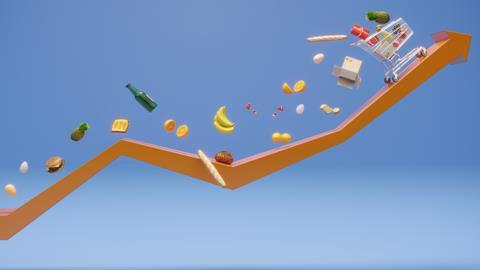
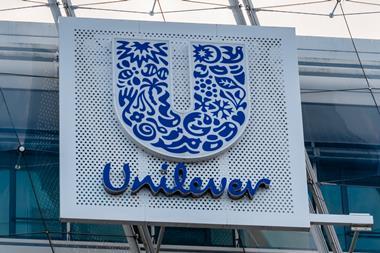
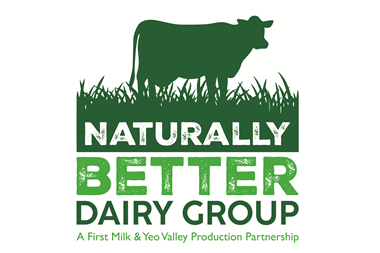
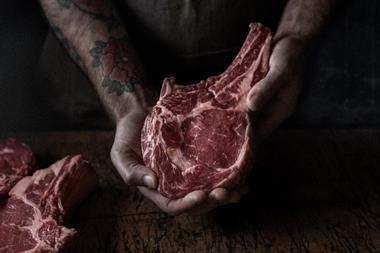









No comments yet